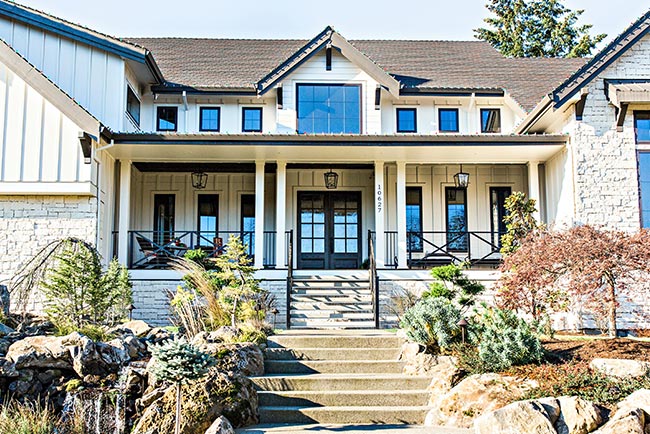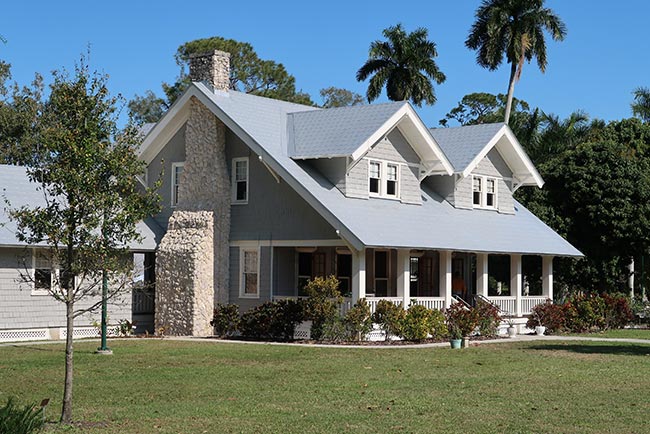Reverse Mortgages are a blessing!
RM’s Bad? | RM’s Explained | Reverse Mortgage Facts | Work with Us
Are Reverses Mortgages Bad?
Reverse Mortgages are BAD!
Reply:
This program has stood the test of time since being around since 1989.
It is one of the only financial products where you are required to go talk to a neutral third party counselor before you can get the program.
All the fees are completely controlled and regulated by the federal government.
People even have 3 days at the very end of the loan after signing their closing documents to still change their mind completely!
The homeowner always remains the owner of the home.
FHA insures the homeowner from never owing more than the house is worth or even covering a loss when a national disaster area has been designated with your home being a total loss.
Any release of monies from your home is tax-free and also not recoverable from Medicaid or a nursing home(in most states).
How does eliminating your mortgage payment and improving your budget a bad idea for a senior on limited income?
Where can you have a credit line of rainy day funds that earns about 5% annually and grows in value for an emergency fund for medical expenses or aging in place?
Why not have a way to create monthly income that will replace lost pension or social security monies when a spouse dies?
When a person hasn’t reviewed all the details before stating such a strong opinion, many financial experts agree that releasing the trapped equity in a senior’s home actually can increase the legacy and estate value?
The Home Equity Conversion Mortgage is a blessing to so many retirees.
Reverse Mortgages Explained
Reverse Mortgages Explained
American homeowners age 62 years and older(some 55 YO’s too) are able to convert the equity in their homes through the use of a reverse mortgage. The most popular loan is the FHA Home Equity Conversion Mortgage. As a senior friendly product, these loans require ; limitated credit or income verification and eligibility is based on age, primary residency, and existing mortgage balance.
The loan process is simple and fast and unlike conventional loans there are no required monthly payments. Another feature of these loans is that they are “non-recourse” loans, which means that no matter how high the loan balance grows, the borrower or their heirs never owe more than the home’s market value.
The loan is a first lien mortgage that requires repayment when one of the following three maturity events takes place.
- Sale of the property
- Permanent move out of the property by the borrower (the second to move out in the case of a couple)
- Death of the borrower (the second to pass away in the case of a couple)
The greatest benefit of the reverse mortgage is that this loan allows seniors to stay in their homes and utilize their home equity for medical, insurance, home repair or monthly income needs. The proceeds may be used for any legal purpose and since they are receiving equity, it is on a tax-free basis since reverse mortgage proceeds are a form of property equity.
Senior homeowners have several options for the equity release of their reverse mortgage. Proceeds can generally be paid out in a lump sum, a line of credit, and or monthly payments for as long as they live in the home, or a combination of these options. ( Not all programs or options are available in all states.)
All of the reverse mortgage products require independent counseling to assure a complete understanding of the loan by the borrower. The counseling is provided at no cost to the borrower. Upon completion of this counseling requirement, the borrower can proceed with the reverse mortgage if they wish. Typically, the entire loan process takes about 6 to 7 weeks to complete.
The loan costs vary by program but include typical mortgage closing costs. As this is a senior friendly loan, all of the closing costs can be financed through the loan so there is no out of pocket expense for the borrower.
There must be at least one borrower 62 years old and you must own your own home or condominium in order to qualify for a reverse mortgage. There are limited income or credit requirements to qualify. Based on the amount of benefit, which you qualify for, you may be eligible for a reverse mortgage even if you still owe money on your first mortgage.
The proceeds from a reverse mortgage can be used for anything: daily living expenses; home repairs and home improvements; medical bills and prescription drugs; pay-off of existing debts; education; travel; long-term health care; retirement and estate tax planning; and other needs you may have.
The amount of benefit that you will qualify for, will depend on your age at the time you apply for the loan, the type of reverse mortgage you choose, the value of your home, current interest rates, and for some products, where you live. As a general rule, the older you are and the greater your equity, the larger the reverse mortgage benefit will be.
The loan costs vary by program but include costs similar to those with a conventional mortgage, such as the origination fee, appraisal and inspection fees, title policy, mortgage insurance and other normal closing costs. With a reverse mortgage, all of these costs can be financed as part of the mortgage.
After you talk with us, you are required to meet with an independent reverse mortgage counselor before applying for a reverse mortgage. The counselor’s job is to educate you about reverse mortgages, to inform you about other alternative options available to you given your situation, and to assist you in determining which particular reverse mortgage product would best fit your needs if you elect to get a reverse mortgage. This counseling session can be done in person or over the telephone.
Reverse Mortgage Facts
DO YOU KNOW WHAT A REVERSE MORTGAGE IS?
Reverse Mortgages allow older homeowners to take a loan out against the equity they have built in their homes. The loan provides tax-free cash and requires NO monthly mortgage payments during the course of the loan. The loan is repaid only when the borrower no longer occupies the home or a maturity event (moving out, passing away).
Reverse Mortgage Facts:
- Must be at least 62 years old (youngest is the one that matters)
- Homeowners ALWAYS remain on title
- Homeowners are NOT REQUIRED make payments of any kind (excluding taxes). But you can make a monthly payment if desired.
- Homeowners can NEVER be removed from home
Reverse Mortgages provide money for any/all of the following:
- Long-term care expenses
- Charitable giving
- Insurance products
- Medical expenses
- Home repairs
- CD’s and other savings tools
FHA (HECM) loan is insured by US govt. and completely regulated. Amount of money available is based on age of homeowners, value of home, county home is located and what money is owed (current mortgage).
How homeowners can receive money:
- Monthly income for the rest of their lives as long as they own home
- Lump sum payment
- Line of credit
- Any combination of these options
.




